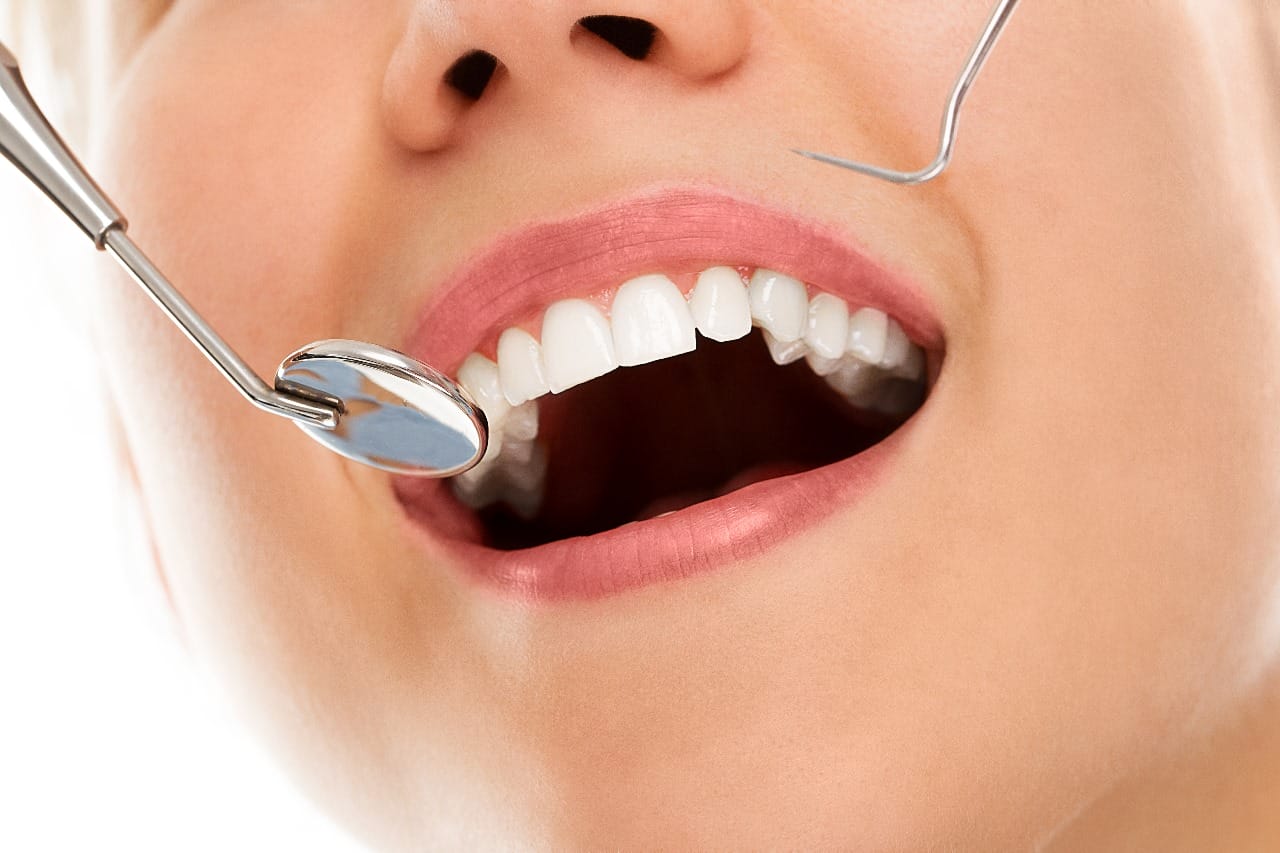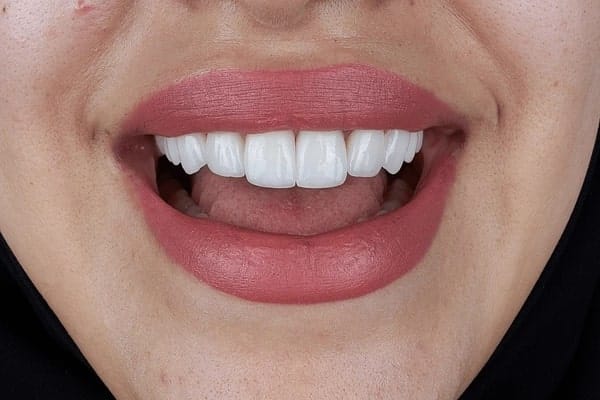Maintaining optimal oral hygiene is crucial for preventing tooth decay, gum disease, and plaque build-up. While brushing is a standard part of oral care, it is not sufficient for cleaning interdental spaces, where food particles and bacteria tend to accumulate. This is where flossing—whether using traditional string floss or a water flosser—plays an essential role.
For Palm Beach residents, choosing between traditional floss and water flossers depends on dental health needs, personal preferences, and specific oral conditions. But which method is truly more effective? In this guide, we will explore the advantages, disadvantages, and effectiveness of both methods to help you determine which one is best suited for your oral care routine.
What Is Traditional Floss and How Does It Work?
Traditional floss is a thin string of nylon or Teflon designed to remove food debris and plaque from between the teeth. It is used by wrapping the floss around fingers and gently sliding it between the teeth and along the gumline to remove trapped particles that brushing alone cannot eliminate.
Benefits of Traditional Floss
- Effective Plaque Removal: Helps dislodge sticky plaque and bacteria before they turn into tartar.
- Highly Portable: Can be carried anywhere without requiring a power source or water.
- Affordable and Accessible: Found in most supermarkets and pharmacies.
- Recommended by Dentists: Frequently recommended for maintaining gum health and preventing gingivitis.
Limitations of Traditional Floss
- Requires Manual Dexterity: People with limited mobility or conditions like arthritis may struggle with it.
- Can Cause Gum Irritation: If used too aggressively, it can lead to bleeding and sensitivity.
- Difficult for Braces and Dental Work: May not be ideal for individuals with braces, bridges, or implants.
What Is a Water Flosser and How Does It Work?
A water flosser, also known as an oral irrigator, uses a stream of pressurised water to remove food debris and plaque from between teeth and along the gumline. These devices are often recommended for individuals with braces, dental implants, or sensitive gums.
Benefits of Water Flossers
- Easy to Use: Requires minimal dexterity and is ideal for people with mobility issues or arthritis.
- Gentle on Gums: The water pressure can help reduce inflammation and bleeding.
- Ideal for Orthodontic Patients: Highly effective at cleaning around braces, bridges, and implants.
- Enhances Gum Health: Clinically proven to reduce gingivitis and improve periodontal health.
Limitations of Water Flossers
- Higher Initial Investment: More expensive than traditional floss.
- Requires Electricity or Batteries: Not as portable as traditional floss.
- Water Consumption: Needs a steady supply of water, making it less convenient for travel.
Which Flossing Method Is More Effective?
The effectiveness of traditional floss vs. water flossers depends on individual needs and oral health conditions. While both methods remove food debris and plaque, they serve different purposes.
Comparison Table: Traditional Floss vs. Water Flossers
| Attribute | Traditional Floss | Water Flossers |
| Effectiveness | High (if used correctly) | High (especially for hard-to-reach areas) |
| Ease of Use | Requires dexterity | User-friendly |
| Gum Sensitivity | Can cause irritation | Gentle on gums |
| Plaque Removal | Effective for sticky plaque | Good for food debris and some plaque |
| Suitability for Braces | Difficult to use | Ideal for orthodontic patients |
| Portability | Highly portable | Requires power source |
| Water Consumption | None | Requires water supply |
| Recommended for | People with good dexterity | Those with braces, implants, or gum issues |
Which Option Is Best for Your Dental Health Needs?
Choosing the right flossing method depends on your specific oral health concerns.
Best Option Based on Dental Condition
| Condition | Best Option |
| Healthy teeth and gums | Traditional Floss |
| Braces or orthodontic work | Water Flosser |
| Gum disease (gingivitis/periodontitis) | Water Flosser |
| Sensitive gums | Water Flosser |
| Arthritis or limited dexterity | Water Flosser |
| Frequent traveller | Traditional Floss |
Looking for Expert Dental Advice in Palm Beach? Visit Palm Beach Dental!
If you’re unsure about which flossing method is best for you, consulting with an experienced dental professional is the best approach. At Palm Beach Dental, we provide comprehensive oral care solutions, ensuring that you receive personalised dental hygiene recommendations tailored to your needs.
Our team of expert dentists and oral health therapists can assess your gum health, plaque levels, and dental history to determine whether traditional flossing or water flossing is more suitable for you.
Book an appointment today at Palm Beach Dental and take the first step toward a healthier smile and better gum health!
Important FAQs
1. Is water flossing better than traditional floss?
Water flossers are more effective for people with braces, implants, or gum disease, while traditional floss is ideal for removing sticky plaque from between teeth.
2. Can I use both traditional floss and a water flosser?
Yes, combining both methods provides the most thorough interdental cleaning, ensuring better gum health and plaque control.
3. Are water flossers safe for people with gum disease?
Yes, water flossers are gentle on gums and help remove bacteria from deep pockets, making them ideal for patients with gingivitis or periodontitis.
4. How often should I floss my teeth?
It is recommended to floss at least once a day to remove food debris and plaque between the teeth.
5. Do dentists recommend water flossers?
Yes, many Dentist recommend water flossers for patients with orthodontics, sensitive gums, or periodontal disease.
6. Can water flossers replace brushing?
No, brushing twice a day is still essential. Water flossers are meant to complement brushing, not replace it.



